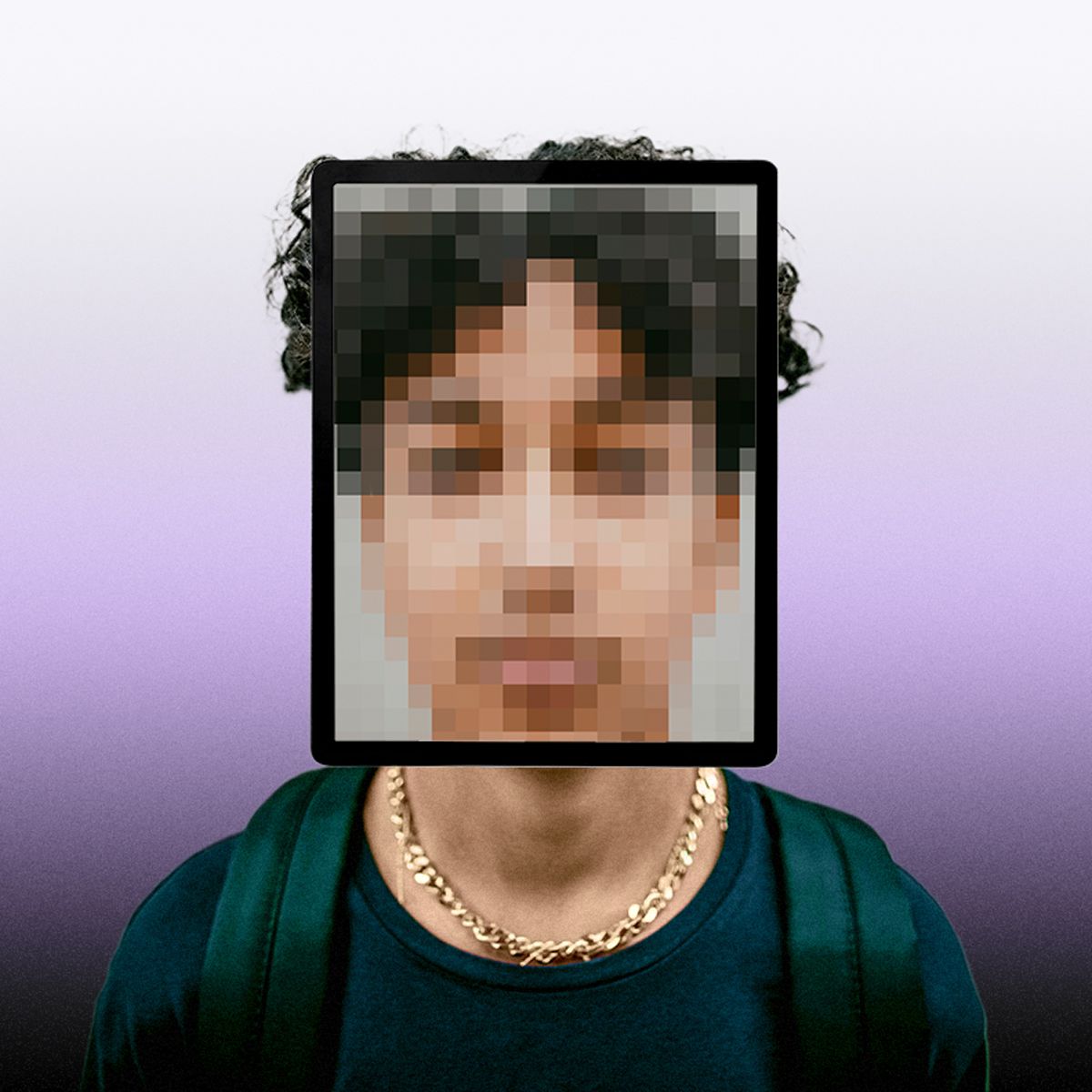Age Verification Is Sweeping Gaming. Is It Ready for the Age of AI Fakes?
Age verification in gaming has become increasingly important with the rise of online platforms and communities. Many game developers and platforms are implementing age verification systems to ensure that players are of legal age to access certain content.
However, as technology advances, so do the ways in which people can deceive age verification systems. With the emergence of AI-generated deepfakes, there is concern that these systems may not be robust enough to detect fake identities.
AI fakes can mimic real users with astonishing accuracy, making it difficult for age verification systems to distinguish between legitimate and fake identities. This raises questions about the effectiveness of current age verification methods in the face of rapidly evolving technology.
As we enter the age of AI fakes, it is crucial for gaming companies to stay ahead of the curve and continuously adapt their age verification systems to combat potential fraud. This may involve utilizing more advanced technologies such as biometric scanning or machine learning algorithms to verify users’ identities.
Ultimately, the success of age verification in gaming will depend on the industry’s ability to stay vigilant and proactive in addressing the challenges posed by AI fakes. Only by staying ahead of the curve can we ensure a safe and secure gaming environment for all players.
It is clear that the age verification landscape is evolving rapidly, and gaming companies must be prepared to adapt to these changes in order to protect their users and maintain trust in their platforms.

